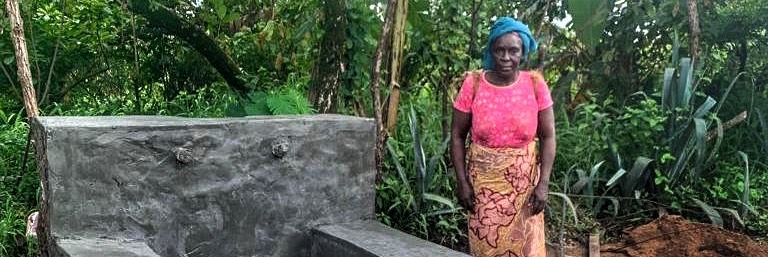Let’s talk about culture. Our modern definition holds culture as all pertaining to the collective knowledge, belief, and behavior surrounding social norms, social forms, characteristics of everyday life, intellect, practice of arts and humanities, and the ways in which we transmit all this information down from one generation to another. Within the context of culture, we as humans develop ways in which to create systems encompassing a multitude of these behavioral and societal functions; i.e. systems detailing how we act at social gatherings, systems of economics, systems of communication, of politics, of industry, etc.
So, how do the current and former dynamics of competing global cultures influence the ways in which developing countries construct and implement their own unique social, industrial, and economic systems? First, we must think about this idea of competition, of humanity’s history of propagating dominance of one culture over another throughout the practice of colonization. For much of colonialism’s history, the West (predominantly Europe, and later on North America) dictated which systems of civilization created the “best” kind of society, the “greatest” forms of governing, and the “appropriate” ways to interact as a species. There was little to no concern in taking examples or leadership or historical lessons from those they colonized—people with their own particular set of systems and structures serving their culture, behavior, and industries in very specific ways. Thus, the practice of imposing systems of influence throughout the developing world began by dictating how people should behave, resulting in an exponential effect on every other aspect of how that developing nation would then continue to grow throughout the years to come. The effects of such cultural and industrial dominance can still be seen throughout the world today.
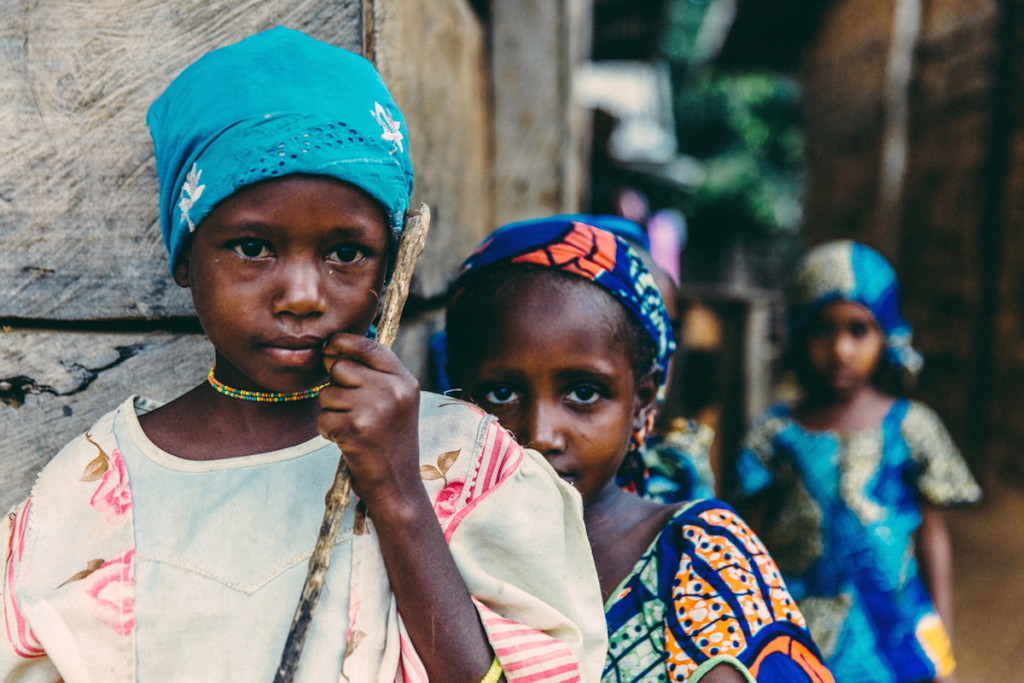
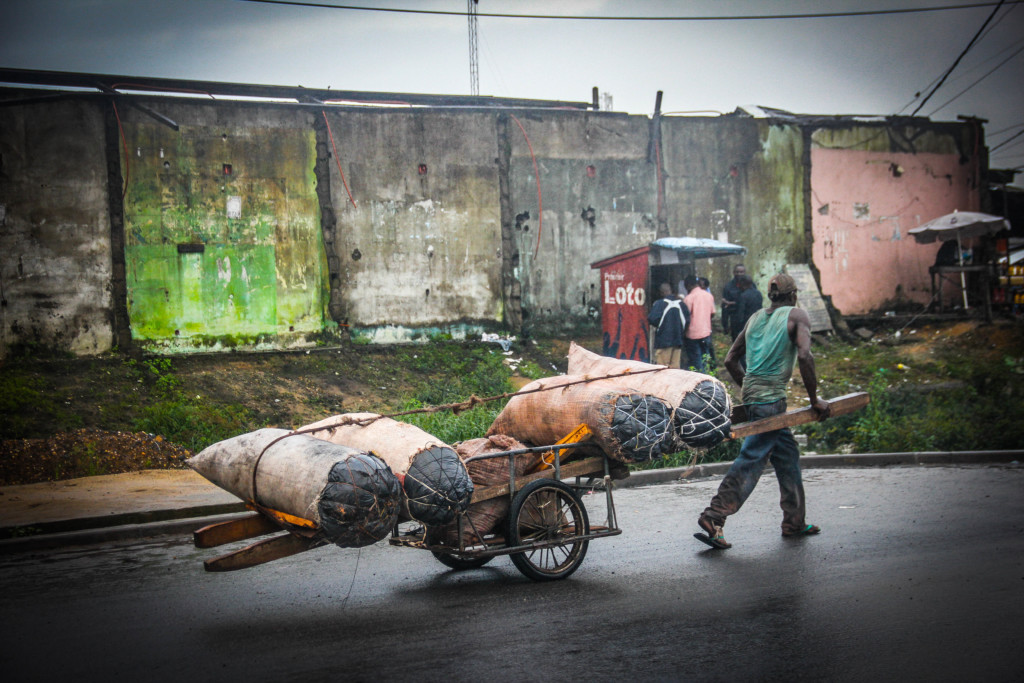
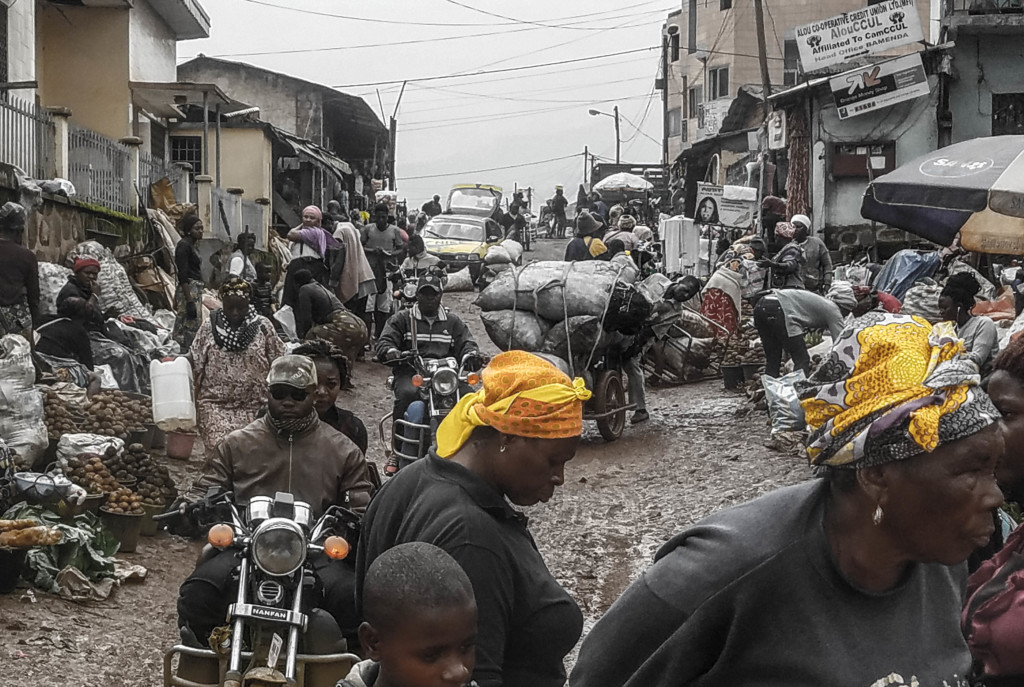
Looking At Africa
Take for example nations within the African diaspora. The diversity even within each individual country astounds most who begin to learn about the continent’s history, and the unending number of unique cultures being discovered on the continent continues to increase. The sheer variety of practices, behavior, intellect, and social and industrial functioning lies beyond what most people within the Western world have experienced before. So, when it comes to development, why are so many leaders of African nations eager to adopt the practices of Western society—practices that may not actually be best suited for how native peoples live, work, and function together as a whole?
For many African nations, their history (and often times part of their current economic assets) ties itself to the very specific practices of a completely different society. Cameroon, for example, still practices a French Napoleonic way of law within regions once controlled by the British who practiced a completely different way of governing along with a different legal system (there are lawyers to this day who learn different systems of law based upon where they study within the country). There are still problems as a result of these two regions becoming one nation—once ruled by very different social, economic, and political systems (not to mention old colonial practices tied up within archaic governmental systems and cultural practices). The effect wreaked upon these varied cultures can often be subversive and insidious, with even native peoples themselves not understanding the role their historical oppressor plays within their society today.
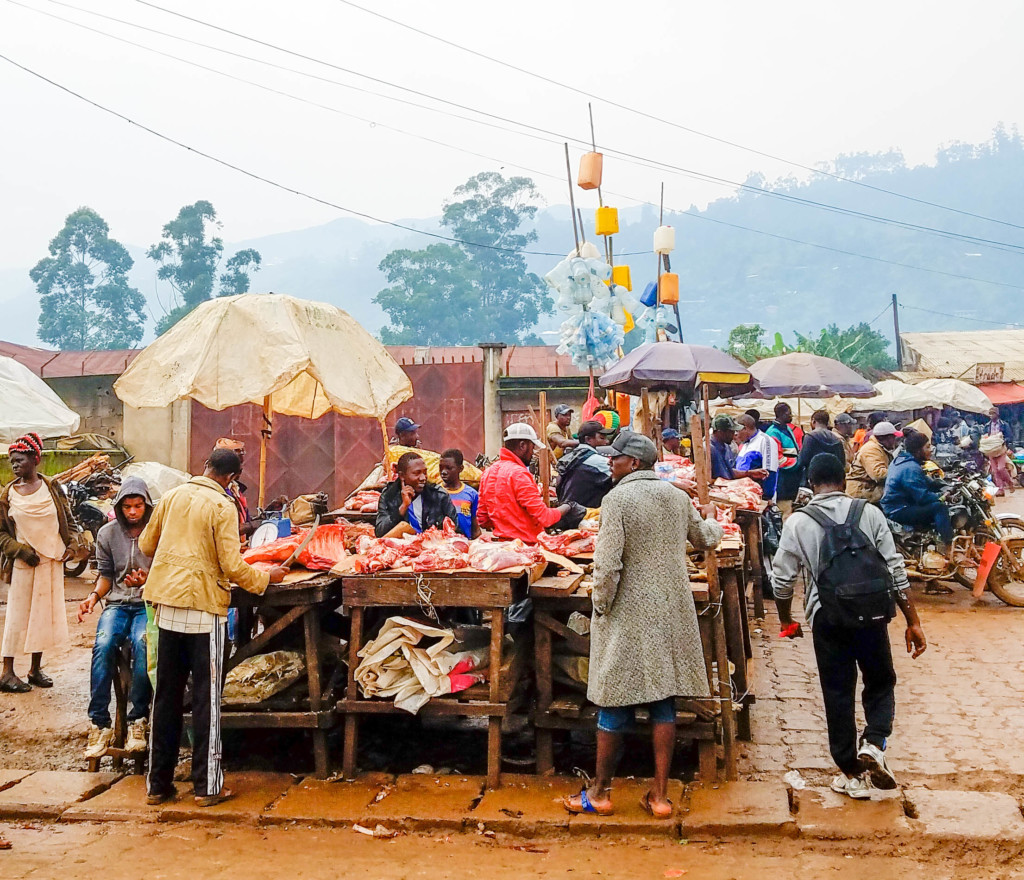
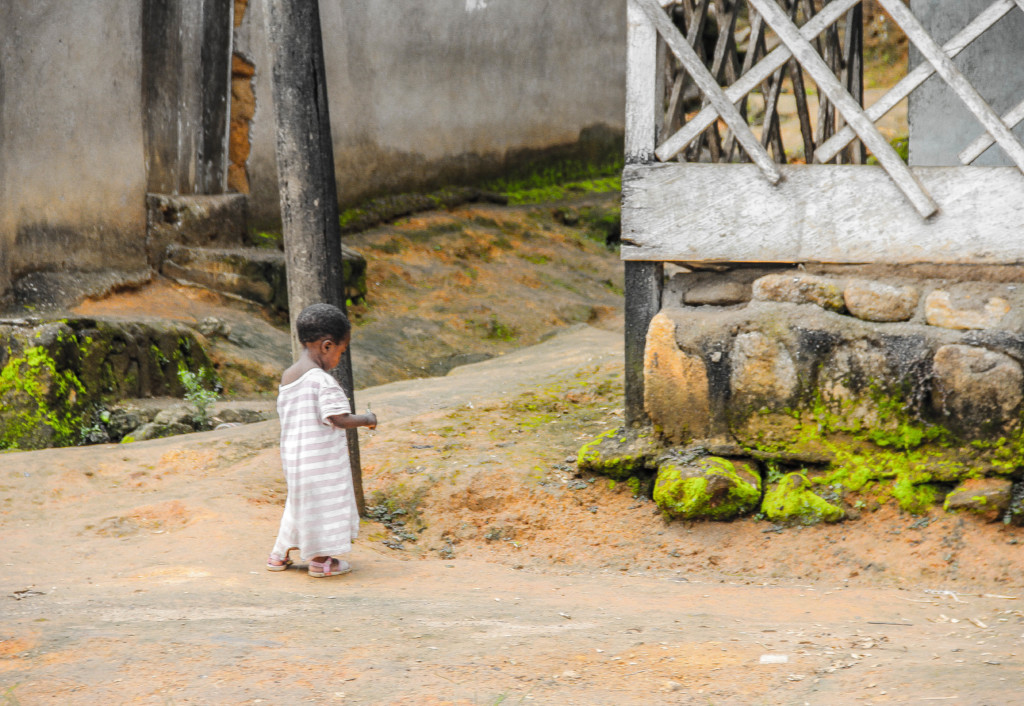
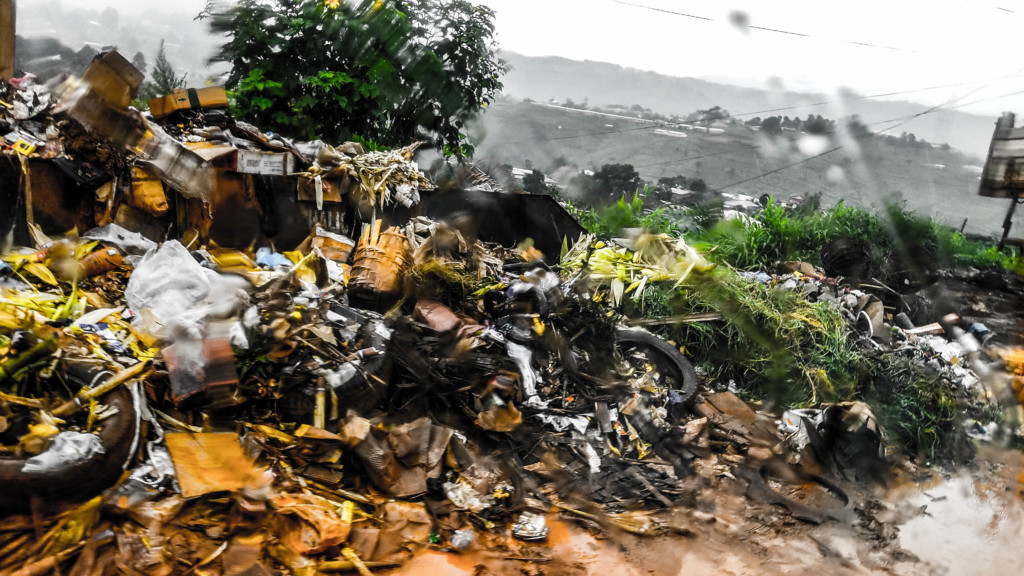
Histories of Development
When considering how a civilization develops, it is no wonder that nations once colonized abruptly, by force, and during important times in their societal development, still have many internal conflicts today. Like any other organism, a society goes through specific stages of development, that when interrupted, distorted, or destroyed, will affect that society for decades to come. In discussing current political climates and problems affecting industrialization with many of our partners at Himalayan Institute Cameroon, we often heard the following questions: why is our government choosing to implement these systems; why do you think it’s not working; do you think this is the way we as a people should be going about things? As foreigners, these questions will always be difficult to answer, because hard as we try, our own experiences, bias, and cultural ways of thinking will always be projected to some degree or another onto our answer and how we view the situation.
However, in trying to have these kinds of discussions—working together to really think about better ways in which to help our fellow human societies—it is crucial to go back to the source. Before colonization, how was a certain group of people developing? What were their ways of communication, of transportation, of commerce, or of educating? In other words, what were the ways in which groups of people were beginning to develop naturally and what did those systems look like—how were they constructed, what kinds of principals were they made up of? The innate intelligence of human beings is remarkable, and we are naturally destined to function as units, so to begin to discover what types of societal restructuring and development works best for a community, it only makes sense to examine what is deeply natural to that community.
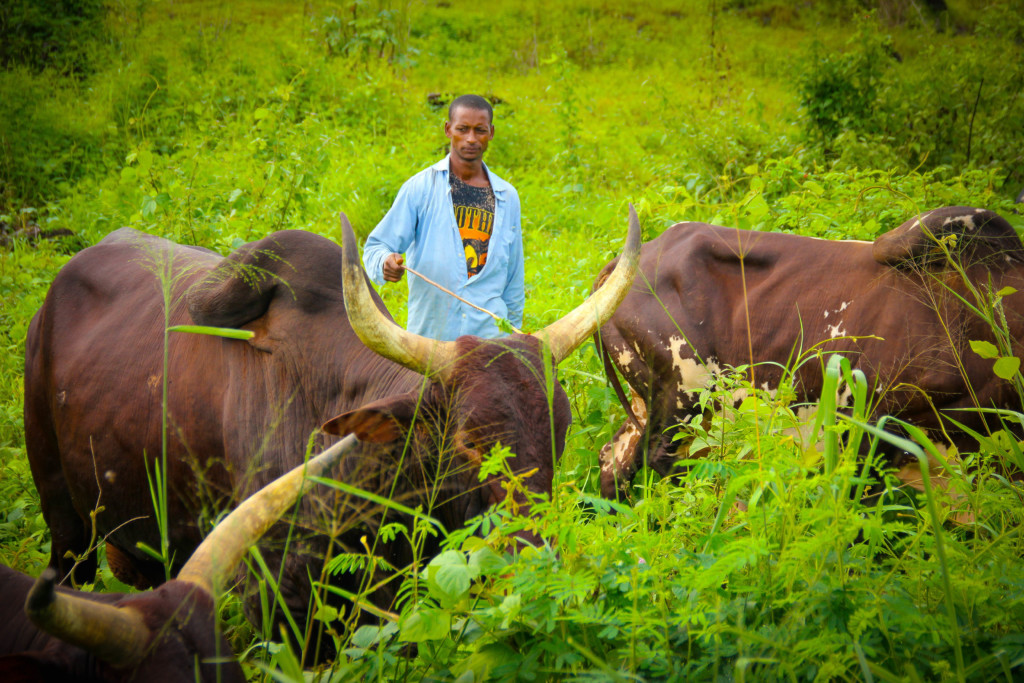


Rethinking the Paradigm
Too often, that good old industrial Western ideology marked by stringent capitalistic principles sneaks in and clouds a government’s ability to clearly see that just because these systems work for other seemingly “successful” or “developed” parts of the world (i.e. the West), does not mean that it is a one size fits all answer. With traditions, behaviors, and industries dating back thousands of years, spanning across thousands and thousands of miles of diverse environments, development in Africa needs complex solutions, nuanced approaches, and multitudes of new ways of thinking in order to escape the hold that its colonialist past has over much of its current development. Looking to Western practices for the answer only leads struggling communities further away from what they naturally know and will continue to bury such rich cultural tradition under the weight of Western ideology. Understanding where native peoples come from, the traditions of their past, and how their ancestors were beginning to develop their people can lead to a burgeoning of new ideas on how to move struggling nations into the next century.



